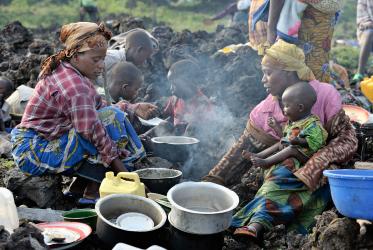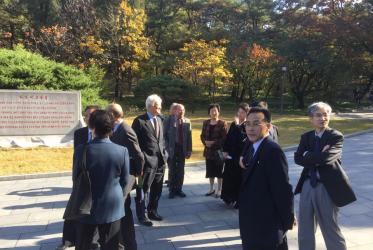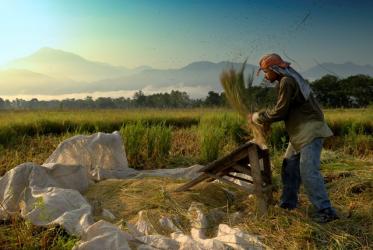Displaying 121 - 140 of 248
WCC conference explores ecological injustice in Uganda
21 April 2016
Tveit on the “Ten Commandments” of food
26 January 2016
COP21: how climate change affects access to our daily bread
09 December 2015
Patent agreement welcomed as step to improve HIV treatment
30 November 2015
Everyone urged to join Zero Hunger Challenge
29 June 2015







